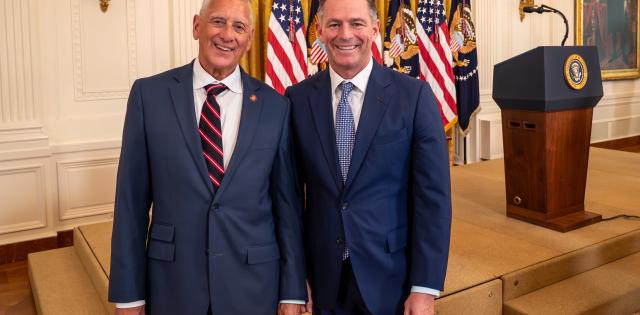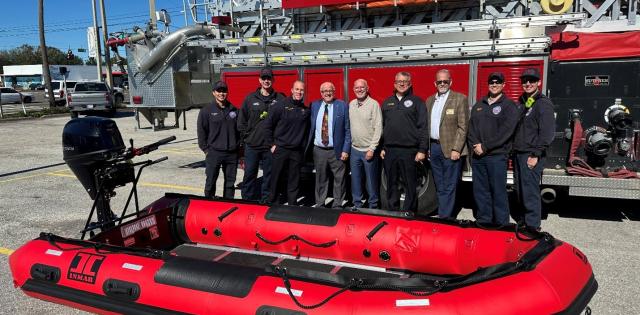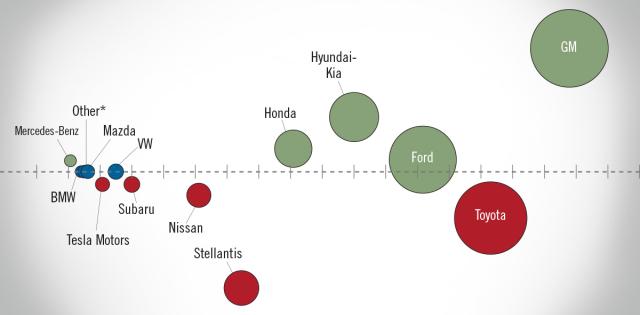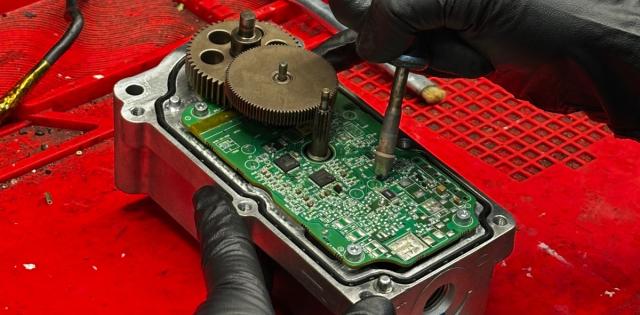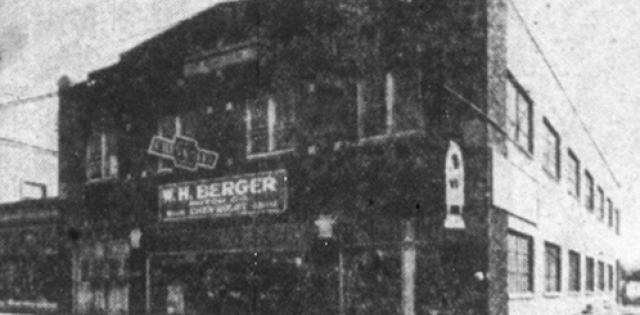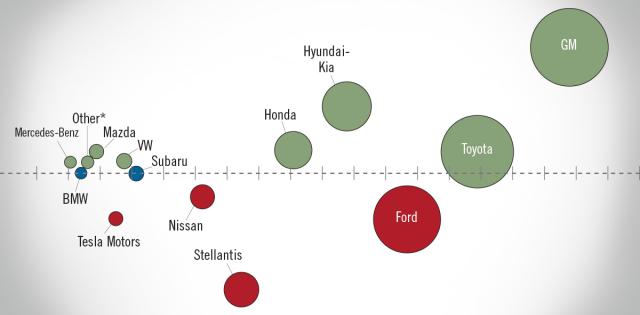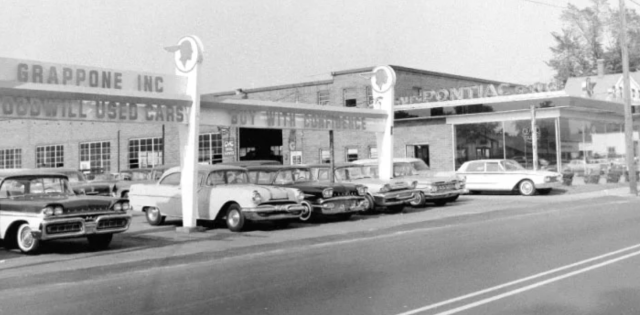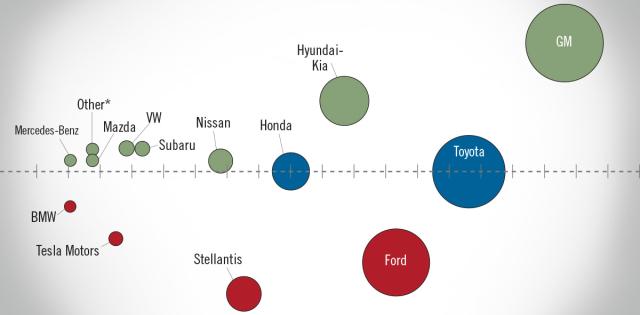America’s diversity is on the rise. According to the Census Bureau, all racial and ethnic minorities grew faster than whites from 2015 to 2016. Just 61 percent of U.S. residents were non-Hispanic white, down from 64 percent in 2010 and 76 percent in 1990. By 2060, the white share of the population is expected to fall to 43.6 percent, and the U.S. is projected to cease being majority non-Hispanic white by 2044.
With demographics set to transform the face of America, the automobile industry is continuing to explore how dealers and automakers tackle the internal issue of how best to advance minority and women dealers and dealership managers and encourage diversity.
“The $6 trillion automotive industry is experiencing a tremendous amount of disruption, and auto companies are being forced to transform their business at a greater speed than ever. How are they to keep pace and stay competitive? They must embrace diverse and creative thinking to develop new ways to solve problems and take advantage of the opportunities that come with this disruption. Diversity of thought -- which comes from diverse backgrounds, not just gender -- sparks innovation and is very important to the industry and its long-term success,” Randy Miller, EY global automotive and transportation leader wrote in Automotive News.
Diversity is Demographic Destiny
There is a real business case for diversity in the automobile dealer industry, says Damon Lester, president and CEO of The National Association of Minority Automobile Dealers (NAMAD). "There is a real need for dealerships to look like the community they will be serving,” Lester says. And that community of consumers is increasingly diverse. Thirty percent of new vehicle purchases are made by multicultural consumers. However, only six percent of the approximately 18,000 dealerships in the United States are minority owned. “It’s in their (dealers') best interests to adopt diversity as a business imperative because they want to increase their market share. It makes good business sense,” Lester notes.
The Recession Slump
Diversity within the auto dealer industry took a big hit during the recession when 30 percent of minority-owned dealerships closed, compared to the 18 percent decline experienced by all other dealerships during that same time. Minority dealership ownership peaked at 1,805 in 2005, dropped to 1,156 in 2007 and bottomed out at 873 in 2011.
Black-owned dealerships took an even harder hit, dropping 50 percent to only 261 dealerships by January 2011. Lester explained that because many of those dealerships were first-generation business owners, they lacked access to the capital needed to help them ride out the recession when sales plummeted.
Today, seven years post-recession, there are 1,128 minority-owned dealerships, the largest proportion of which (552) are Latino-owned, according to NAMAD’s 2015 statistics. However, black-owned dealerships have hardly rebounded. According to the NAMAD statistics, there were only 264 black-owned dealerships in business at the end of 2015.
Minority Dealer Development Programs
Before the recession, several automakers had specific minority dealer development programs aimed at training and providing financial assistance to minority entrepreneurs seeking to own a dealers.
The Detroit automakers—Ford, General Motors and Chrysler (now Fiat Chrysler)—were the pioneers in this area, creating minority-dealer development programs throughout in the 1970s, starting with GM in 1972. “Most of the minority dealers came from those Ford, GM and Chrysler dealer development programs,” Lester says. “These programs were created as part of post-Civil Rights movement to urge manufacturers to be inclusive, to increase minority-owned dealerships and suppliers, and to achieve parity.”
During the recession, automobile manufacturers declared bankruptcy, consolidated dealerships and eliminated brands. There was another casualty as well—the minority dealer development programs, which were scaled back or put on hold.
Today, automobile manufacturers are focused on reviving and reinventing those programs, with a focus on diversity and inclusion, and finding new dealership opportunities for women, veterans, LGBT individuals, and people with disabilities as well as minorities.
A Look at Three of Today’s Programs
General Motors -- GM has the most robust diversity program, according to Lester. The company boasts a network of 231 minority dealers in the U.S., representing 5.5 percent of the GM dealer population.
When unveiling the new GM Minority Dealer Development Program (MDD) at a NAMAD conference in 2016, Eric Peterson, GM vice president of diversity dealer relations, said the company had a target of adding at least 10 minority-owned dealerships a year to its dealership roster, primarily through acquisitions and changing hands of existing dealerships.
As part of its overall diversity initiative, GM has a candidate development program for existing and future dealers that includes mentoring, education and some financial partnership opportunities through General Motors Holding finance arm. It also includes a special minority-focused internship program in partnership with Northwood University and MDD dealers.
In the company’s 2017 “Diversity & Inclusion” report, GM Chairman and CEO Mary Barra, said that, “at a time when the auto industry, technology and customer preferences are changing rapidly, diversity and inclusion are more vital to GM’s success than ever before.”
Toyota - As of December 2015, Toyota and Lexus had 71 and 24 minority-owned dealerships, respectively.
The company hopes to increase opportunities for women and diverse dealers through its diversity programs, which include a Dealer Development Program for minorities and women. Toyota’s Dealer Investment Group (TDIG) supports Toyota and Lexus representation by providing capital, operational and management support to qualified candidates for women and minority-owned dealerships. Toyota says it also works through various minority organizations, such as NAMAD, to identify and select minority franchise applicants.
Toyota’s Avenues for Advancement program (TAAP) provides partnership, education and training, as well as financial assistance opportunities to future dealer candidates already working at Toyota or Lexus franchises.
“Toyota and Lexus have been extremely encouraging and supportive in my journey,” Amber Woods, a second-generation auto dealer told Black Enterprise magazine. “TLMODA (Toyota/Lexus Minority Owners Dealer Association) also has been an excellent liaison, providing essential resources from the manufacturer and focused strategy meetings to minority dealers on a regular basis.
Ford – Ford, which shelved its minority dealer development program at the height of the recession in 2009 is renewing its commitment to providing dealers with “educational resources and training, and by providing capital loans to minority dealers. Ford also works with its Minority Dealers Association (Ford MDA) and NAMAD to “sustain and strengthen their viability, and to gain new partners.”
On its website, Ford points out that by December 2013, the company “had 164 minority-owned dealerships, which represents 5 percent of our 3,263 U.S. Ford and Lincoln dealerships.”
NADA’s Diversity Efforts
NADA has long been an active supporter and partner of NAMAD's mission to help minority dealers succeed.
NADA provides solution-based diversity education through the NADA Academy, 20 Groups, Custom Training Workshops and online educational courses. NADA’s management guide, Diversity as a Business Imperative, was developed in 2010 and distributed widely to all members.
NADA is also dedicated to telling the story about the need for diversity within the dealer community at all levels. Go to MyDealership.org and watch the NADA video demonstrating how diversity is a priority throughout the automotive industry.



